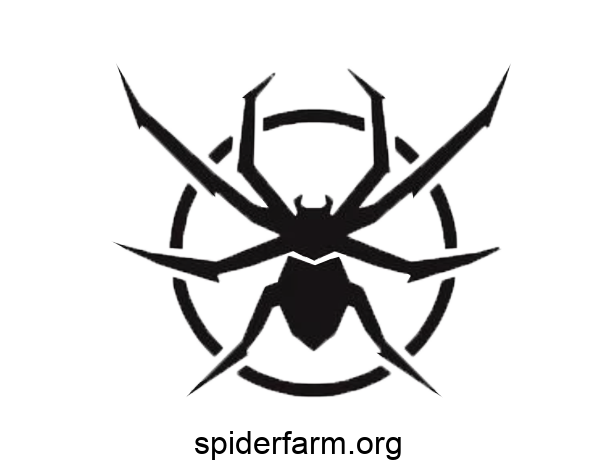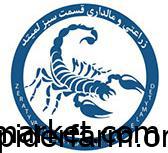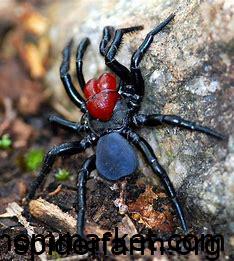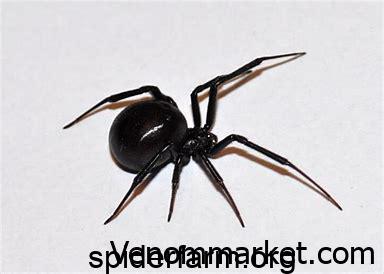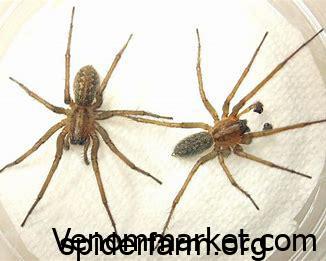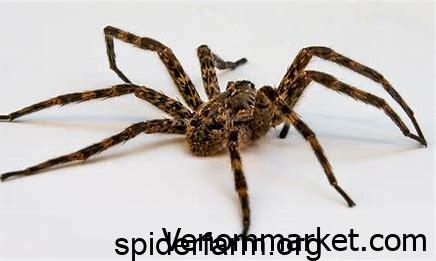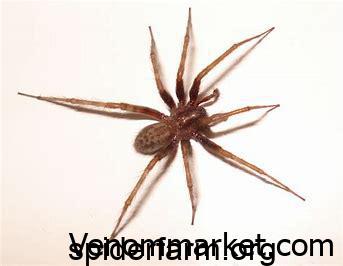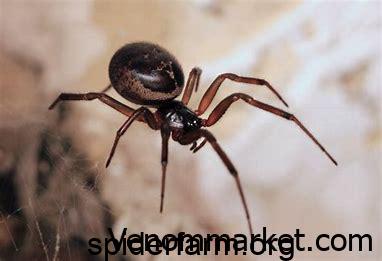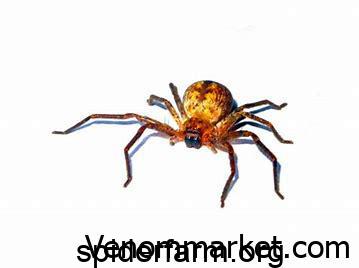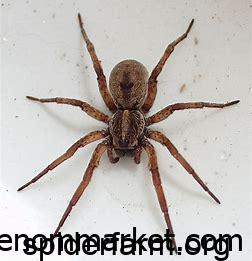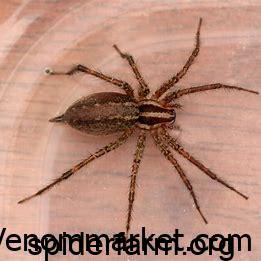Scorpions Venom
Abstract
Scorpions are well known for their dangerous stings that can result in severe consequences for human beings, including death. Neurotoxins present in their venoms are responsible for their toxicity. Due to their medical relevance, toxins have been the driving force in the scorpion natural compounds research field. On the other hand, for thousands of years, scorpions and their venoms have been applied in traditional medicine, mainly in Asia and Africa. With the remarkable growth in the number of characterized scorpion venom components, several drug candidates have been found with the potential to tackle many of the emerging global medical threats. Scorpions have become a valuable source of biologically active molecules, from novel antibiotics to potential anticancer therapeutics. Other venom components have drawn attention as useful scaffolds for the development of drugs. This review summarizes the most promising candidates for drug development that have been isolated from scorpion venoms.
-Scorpion venom is a cocktail of toxins
Scorpion venom is a cocktail of toxins, some of which activate voltage-gated sodium ion channels, causing intense pain. Dorsal root ganglia (DRG) contain nociceptive neurons and are principal targets of scorpion venom toxins. To understand if mutations in specific ion channels contribute to venom resistance, a pallid bat DRG transcriptome was generated.

As sodium channels are a major target of scorpion venom, we identified amino acid substitutions present in the pallid bat that may lead to venom resistance. Some of these substitutions are similar to corresponding amino acids in sodium channel isoforms responsible for reduced venom binding activity.
The substitution found previously in the grasshopper mouse providing venom resistance to the bark scorpion is not present in the pallid bat, indicating a potentially novel mechanism for venom resistance in the bat that remains to be identified. Taken together, these results indicate that the pallid bat is resistant to venom of the bark scorpion and altered sodium ion channel function may partly underlie such resistance.
-about scorpion venom
The Malaysian Forest Scorpion does well under humid conditions. They can be kept in a 2 1/2 to 15-gallon terrarium depending on the number of scorpions.about scorpion venom A substrate of damp sand and peat moss with a top layer of cypress mulch, about 3″ deep.
scorpion venom:Also provide a shallow, wide water dish. A sheet of cork bark or similar shelter should be added to the Malaysian Forest Scorpion’s enclosure. This species like it warm and humid. Keep the enclosure maintained at about at 75° – 90 °F with the humidity level at 75 to 80%A good habit to get into is cleaning up any uneaten prey items the day after feeding your scorpion as decaying organic matter commonly attracts mites, fungus, mold and other potentially harmful organisms into the enclosure.

scorpion venom: If your pet has recently molted, remove uneaten prey items immediately. Newly molted scorpions are vulnerable until their exoskeletons hardens.
Scorpions Venom
